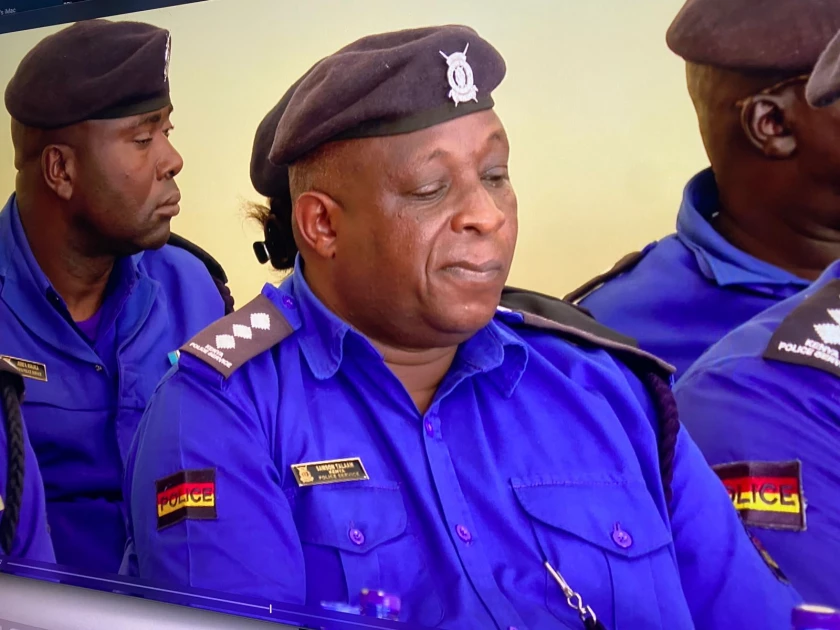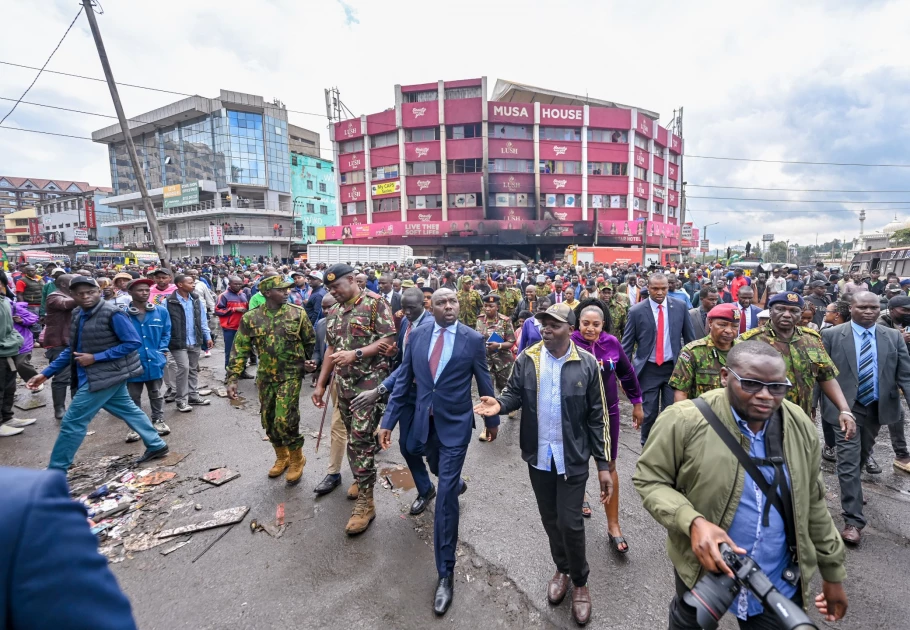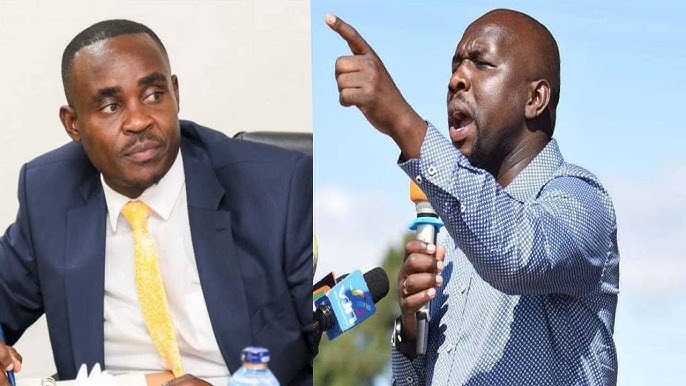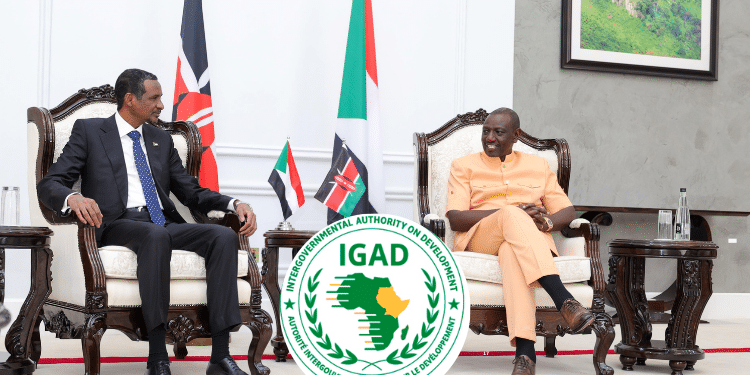Nairobi Central OCS Talaam Arrested Over Death of Social Media Influencer Albert Ojwang
Nairobi Central Police OCS Samson Talaam has been arrested over the death of influencer Albert Ojwang in police custody. IPOA and IAU are investigating alleged police misconduct, with more arrests made. CCTV tampering and failure to book the deceased raise serious concerns.
Nairobi Central Police Station’s Officer Commanding Station (OCS), Samson Talaam, has been arrested by the Internal Affairs Unit (IAU) as part of an ongoing investigation into the controversial death of social media influencer Albert Ojwang. The arrest was confirmed on Friday, June 13, 2025, by the Independent Policing Oversight Authority (IPOA), which is spearheading efforts to establish accountability in a case that has shocked the nation and once again spotlighted allegations of police brutality and cover-up in Kenya.
IPOA Commissioner Boniface Samati, while addressing journalists during a press briefing, stated that Talaam’s arrest was a major step forward in the inquiry, describing him as a key figure in the investigation. He explained that the arrest followed significant leads that pointed to the involvement of high-ranking officers in Ojwang’s suspicious death, which occurred under police custody at the Nairobi Central Police Station.
According to Samati, IPOA had already recorded statements from multiple witnesses, including suspects who were held in the same police cells on the night of Ojwang’s detention. These witness accounts, he said, were crucial in reconstructing the timeline of events and identifying gaps in the official narrative provided by police.
“We are not concluding the investigations yet, but we are building a comprehensive case. This arrest is based on facts gathered so far. We still have more witnesses to interview, and it is very possible that further arrests will be made,” Samati remarked. He added that IPOA’s preliminary findings indicate that Ojwang was booked into the station in good health but was later taken to Mbagathi Hospital, where he was pronounced dead — raising troubling questions about what happened to him while in custody.
As part of its investigation, IPOA has collected forensic evidence from the crime scene, including blood samples, which have been submitted to the government chemist for analysis. The authority has also seized the Digital Video Recorder (DVR) system containing CCTV footage from the police station. Investigators are working to retrieve the recordings to determine if they provide any visual evidence related to Ojwang’s treatment while in custody.
In a further twist to the investigation, two additional individuals have been arrested. These include Police Constable James Mukhwana, who was on duty during the night Ojwang was detained, and a technician accused of tampering with the station’s CCTV system. The dismantling or interference with the CCTV system is suspected to have been an attempt to destroy evidence that may have implicated officers in wrongdoing.
“Mukhwana knows something important. He was on duty and part of the operations that night. The technician’s role in interfering with the surveillance system is also under investigation,” Samati stated.
Meanwhile, Director of Criminal Investigations (DCI) Mohamed Amin has weighed in on the matter, naming Talaam as the primary suspect. Amin told the Senate during a grilling session on June 11 that Talaam had declined to book Ojwang into the Occurrence Book (OB) when he was brought to the station — an act viewed as irregular and suspicious.
“It has been confirmed that before booking the deceased, officers in the report office contacted the OCS. However, Talaam declined to have Ojwang officially booked. This raises serious concerns about his intentions and conduct,” Amin told senators.
The arrest of Talaam comes amid growing public outrage and demands for justice from civil society, the family of the deceased, and the broader online community. Many see the case as emblematic of the culture of impunity within sections of the Kenya Police Service, where extrajudicial killings and custodial deaths have been reported but often go unpunished.
As investigations continue, IPOA has pledged transparency and diligence, assuring the public that no officer, regardless of rank, will be spared if found culpable. The case has now become a litmus test for the country’s commitment to police reforms and accountability in handling citizens, particularly those in custody.
Albert Ojwang’s death, now being treated as a murder case, has not only sparked a national conversation about police conduct but also reignited the push for institutional reforms to protect the rights and lives of individuals in the custody of law enforcement agencies.
















